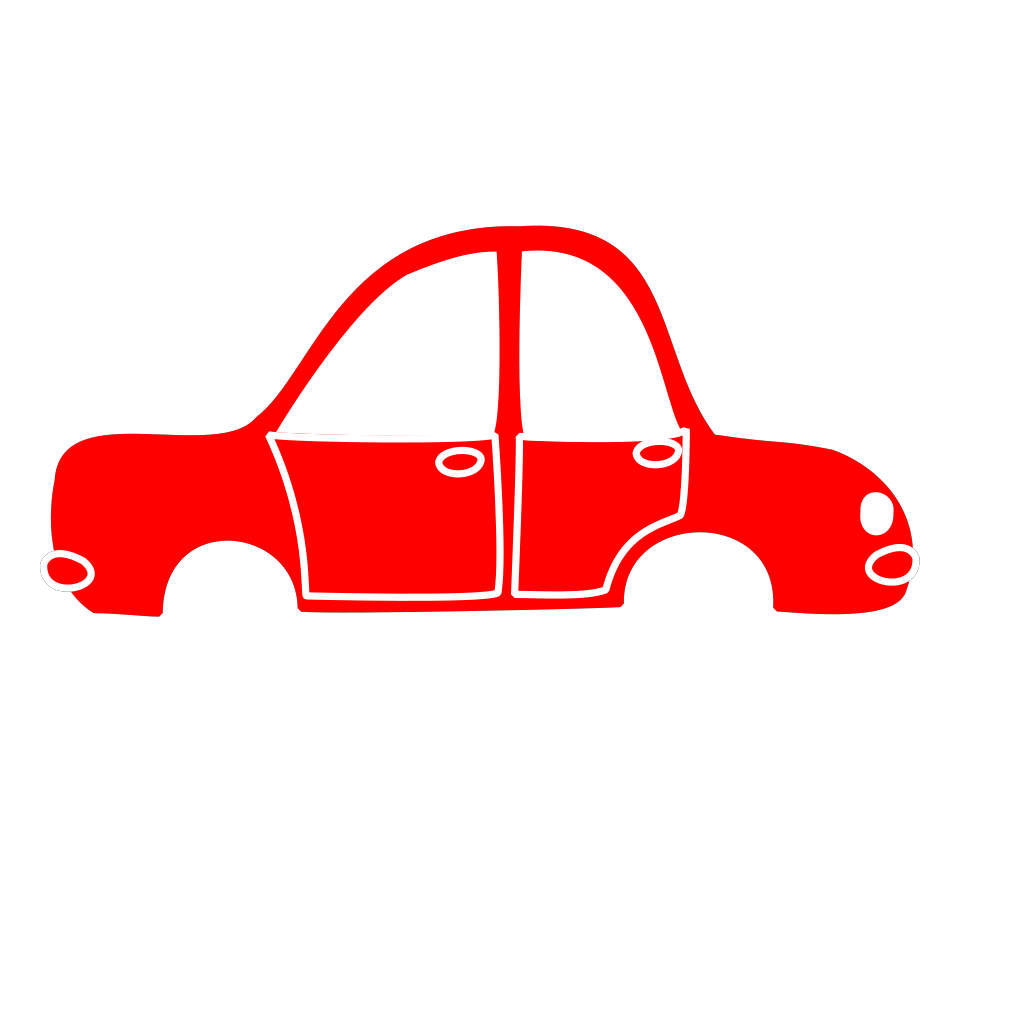THE FUTURE TENSE
There are two future tenses. The first one we have done before:
The Immediate Future (Le Futur Proche). This translates into English as, 'going to do something'.
aller + the infinitive
Exemples
je vais regarder la télé = I am going to watch t.v.
tu vas faire les courses = You are going to do the shopping
Il va se doucher = He is going to have a shower
Nous allons visiter Londres = We are going to visit London
Vous allez manquer le bus = You are going to miss the bus
Ils vont réparer la voiture = They are going to repair the car
Last lesson, we learnt the Future Tense (Le Futur). This translates into English as, 'will do something.
The Future Tense of Regular Verbs
Use the infinitive + these endings:
je ----------- ai nous--------ons
tu------------as vous---------ez
il ils-----------ont
elle----------a elles
on
Demain, je téléphonerai à ma mere
Tomorrow, I will 'phone my mother
Ce soir, il finira ses devoirs
He will finish his homework this evening
RE Verbs e.g. vendre
(N.B. With RE verbs you take away the final 'e' from the infinitive)
L'année prochaine nous vendrons la masion
Next year we will sell the house
The Future Tense of Irregular Verbs
Irregular verbs have different stems which you just have to learn. The endings are the same as for regular verbs.
Here are some common irregular verbs and their future stems:
VERBS STEM EXAMPLE (Je...)
être (to be) ser je serai
avoir (to have) aur j'aurai
faire (to do/make) fer je ferai
aller (to go) ir j'irai
devoir (must/to have to) devr je devrai
venir (to come) viendr je viendrai
voir (to see) verr je verrai
La semaine prochaine, Angela fera du bricolage
Next week, Angela will do some DIY
En juillet ils seront en vacances
In July, they will be on holiday
Elle a huit ans aujourd'hui. L'année prochaine, elle aura neuf ans
She is eight years old today. Next year she will be nine.
(Remember to use the verb avoir for age. In French we say, she has 8 years and she will have nine)
Samedi, nous irons au supermarché
On Saturday, we will go to the supermarket
J'ai décoré la maison, vous verrez la difference!
I've decorated the house, you will see the difference!
Il viendra à Noël
He will come at Christmas

Ma voiture est en panne alors, je devrai prendre le bus
My car has broken down so I will have to take the bus
Which Future Tense?
Use the same tense in French as you would in English, so if you would say 'going to' in English, then in French use 'aller + infinitive (immediate future / le futur proche). If you would say 'will do something' in English, then in French use the future tense (le futur).
As in English, they are interchangeable and there will be occasions when you will hear or read the immediate future in French when we would use the future. Nevertheless, it works if you stick to using it as you would in English (trust me!)
In English, we use the present tense in a 'future sense' e.g. I'm playing football tomorrow. It's exactly the same in French and you can use the present tense in this way as you would in English e.g. Je joue au football demain.





















